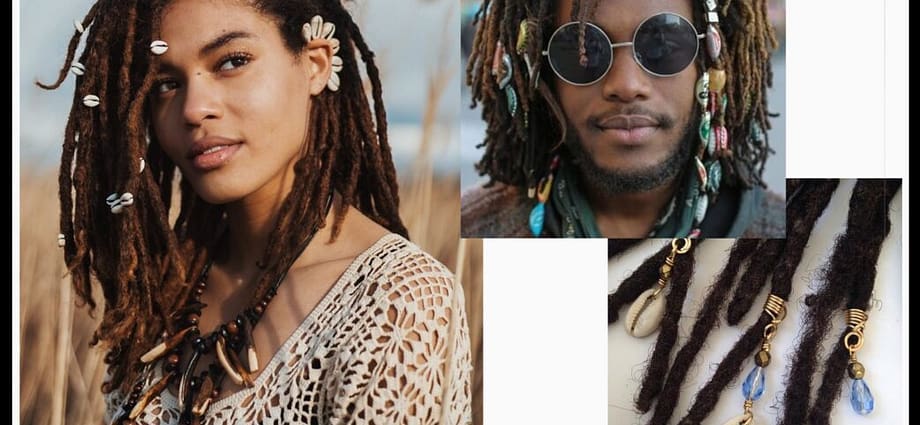Recently cowrie shells have been making their way into people’s fashion choices. In fact, Crowie shells popped up in fashion throughout the 80s and 90s. I first fell in love with them in the 90s as a child. My auntie had come back from America with a denim waistcoat with rows of cowrie shells. I fell in love with them instantly.
Fast forward and the cowrie trend is now making its way back in again, this may be heavily influenced by celebrities such as Solange Knowles and the popular Nigerian artist Rema. With Cowrie shells making their way into the fashion world, are we aware of their history and meaning of the shells throughout the African culture.
Cowrie shells are mostly found in the Indian ocean; however, they are heavily linked to Africa and has played a significant role in African Tradition. Before wearing I think it is important to know their rich history.

used as a Currency
Cowrie shells in the earliest known history involve them being used as currency, in various regions of the world. Due to this Cowrie shells are used as a symbol of prosperity.
According to the book “The Shell Money of the Slave Trade,” Africans used Cowrie shells as currency right up until the 20th Century. They were an important symbol of wealth. It is believed to be the first form of currency in west Africa.
These shells were used as currency in several parts of the world. They are abundant in the Indian ocean and are collected from the Maldives, Sri Lanka and along the Malabar coast of India. They are also found along the African coast from Ras Hafun to Mozambique. Making cowrie shell money important amongst the trade in Africa, South Asia and East Asia before the 20th Century.
Over 3000 years ago Cowrie shells were used as Chinese currency and have also a means of exchange in India.
Spiritual meaning
Traditionally these shells are steeped in spiritual and prosperous meaning. However, a lot of people are unaware of their significance. The spiritual meaning of these shells can vary depending on the culture and time period.
The Ojibway aboriginal people in North America also use these shells also. They are called Miigis shells and were used in ceremonies. These shells are mostly found to wash up on shore, interestingly it is believed that if Cowrie shells are found inland it could mean that they were used by an earlier tribe or an ancient trade network in the past.
In west African culture the cowry is associated with the water goddess Mami Wata. The cowrie shells are seen as a token of her recognition. They are also used for predicting the future and to advise a person seeking advice by interpretation of the fallen arrangement of the shells.

linked to Femininity
The Shells have also been known to have a connection with femineity. Due to its appearance, they are said to resemble female fertility organs. In Mende culture cowrie shells are used as a symbol for womanhood. Females in ancient Africa would place these shells on alters to use these as a blessing for childbirth.
dreadlocks and hair
In Modern times, the most common way for cowrie shells to be worn is to be attached to the hair. However, they have also been made into jewelry and clothes.
When placed in hair, Dreadlocks is the hairstyle that you are most likely to see cowrie shells. Some people use them to represent how long they have had their locs for, so add a new shell for each year that passes.
Sea Lovers
Cowrie shells are often seen on people that live near the beach or have a love for the sea.
Due to the shells coming from the sea, Africans believed that a love of cowrie shells mean you are attached to the goddess of protection. According to legends the goddess of protection is connected highly with strength and the power of the ocean.
Cowrie as a fashion statement
Whether in jewellery or in crafts, cowrie shells add the exotic feel of Africa. When teamed with their beautiful meanings and history you can use these shells to enhance your own beliefs.

